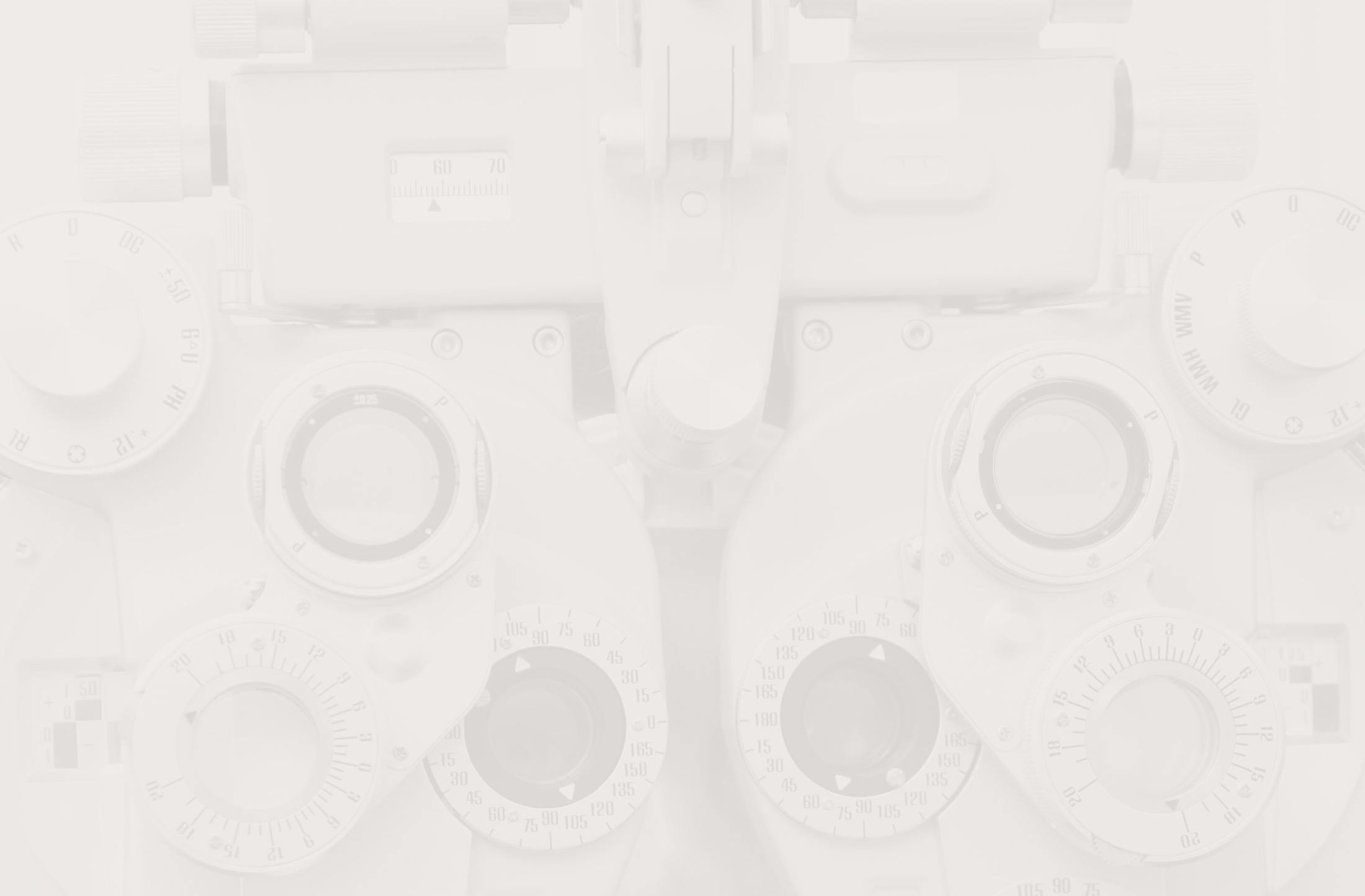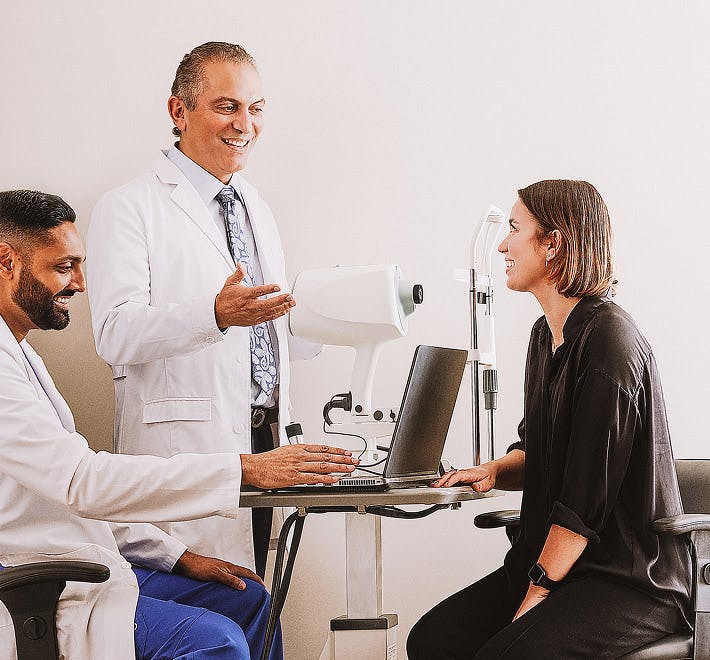Hyperopia treatment in Manhattan can bring renewed clarity to up-close tasks, freeing you from glasses and eye fatigue.
Symptoms of Hyperopia
Farsightedness often appears through specific signs. Typical symptoms include:
- Blurry vision when looking at objects up close
- Tired or aching eyes after near work
- Persistent squinting to read fine print
- Headaches tied to prolonged reading sessions
- Clearer distance vision versus near vision










